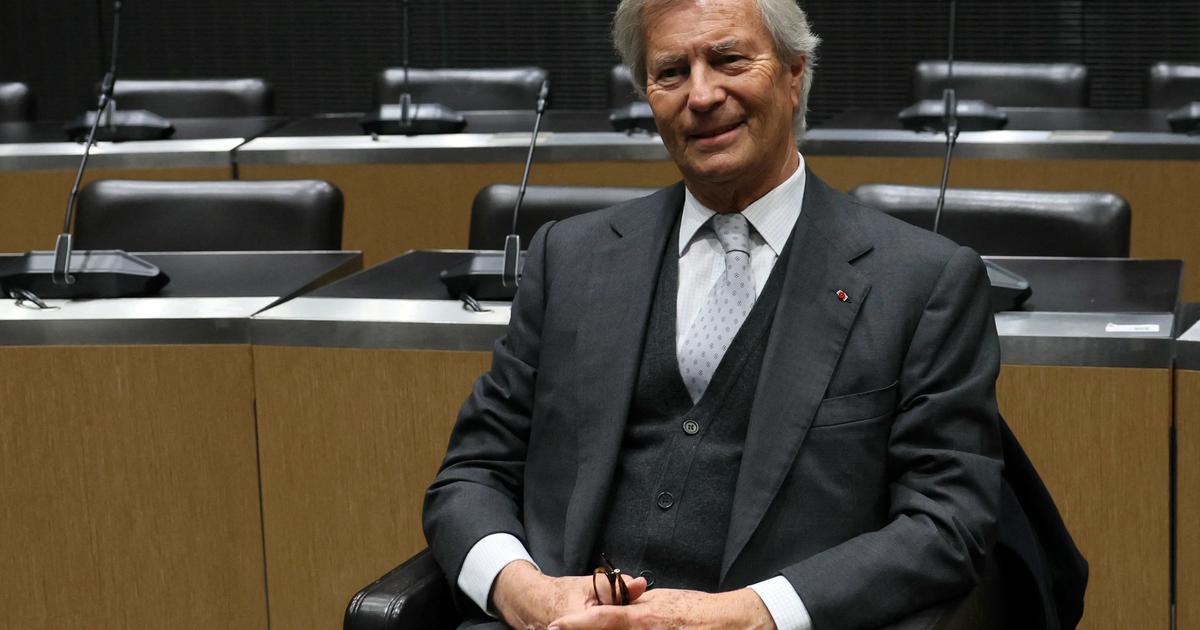"Statehood" is a word unique to Hebrew. It is not related to royalty, of course, nor can it be explained in foreign terms, which indicate the raising of the interest of state institutions to a supreme value over other values. We say of something that is "state" in three senses: first, that it is "state," that is, belongs to the whole state, such as education or a state army; Second, that it serves the "common good" and not a narrow interest; And third, which is a requirement that the more it is fulfilled - the better or more loyal the democratic state is to itself, that is, it better serves its purposes. Such key demands are the demand for the sovereignty of the citizens, that is, for their participation in the management of the state, and the demand for the independence of the judicial system from unilateral interests in society.
In a political crisis whose end is not in sight, "statehood" is the focus of heated debates between Netanyahu's supporters and his opponents. Only non-babysitters have succeeded in establishing in political language an image of themselves as a camp fighting for statehood, as opposed to their low-brow mass rivals, who have suffered the admiration of the leader and are devoid of "state consciousness." But the contours of our state crisis do not fit this superficial description. In fact, it is characterized by the fact that both sides in it make claims in the name of statehood.
To Netanyahu's opponents, the picture is clear: he threatens the independence of the enforcement and judicial systems, at least from the moment he attacked the police, did not bow his head before the Attorney General's decision and did not resign from the leadership in anticipation of the judges' decision. He may be allowed to appeal the charges against him, but not from the position of head of the executive branch, because such a situation casts a shadow over the independence of the judiciary. And Democrats must defend its independence, it was argued, because without it the government in the country would be arbitrary, and the sovereignty of the citizens themselves would be harmed. They argue, therefore, that citizens' sovereignty itself ultimately depends on the independence of the judiciary.
But on the other hand, the claims of Netanyahu's supporters also relate to the independence of the judiciary. They make two separate (though complementary) claims. First, that the enforcement and justice systems were enslaved to the interests of one political camp, to oust the leader of the opposing camp. Second, they claim to have been enslaved to the forceful interests of their leaders, and base this claim on campically-politically "neutral" cases, such as the cases of Ruth David, the State Attorney's Office, and the Institute of Forensic Medicine.
To understand the claims, one must distinguish between the state interest that the legal system must provide - impartiality and equal enforcement of norms - and the natural, institutional and personal pursuit of power. When the judicial system is unbalanced beyond a certain threshold, it can easily be exploited to skew justice in favor of one of the political parties or in favor of the personal or institutional superiority of the heads of the judiciary. Netanyahu's defenders claim that the two types of corruption have been integrated into the crisis surrounding his trial and threaten our representative politics, and therefore the citizens' sovereignty.
Thus, the deep crisis will not be resolved in false rhetoric about a "healing" or "healing" government, ostensibly, after Netanyahu's ouster.
This loose government, devoid of legitimacy despite the firm support it receives from the mainstream media, will not be able to calm the winds.
In front of it are very many of the loyalists of the democratic regime, who believe that the enforcement and justice systems suffer from serious diseases, and therefore diagnose a threat to the state of Israel in its most fundamental sense.
It is easy and material that the crisis will not be resolved if the dangerous proposals of the Minister of Justice Saar are adopted, which means a substantial weakening of the elected echelon, and hence also of the voters' ability to participate in running the country through elected leaders.
There is no way to get out of the state crisis without a thorough parliamentary inquiry into its origins, one that will lead to deep reforms in the police, the prosecutor's office, including the attorney general's institution, and the relationship between the Knesset and the Supreme Court.
Were we wrong?
Fixed!
If you find an error in the article, we will be happy for you to share with us and we will correct it









